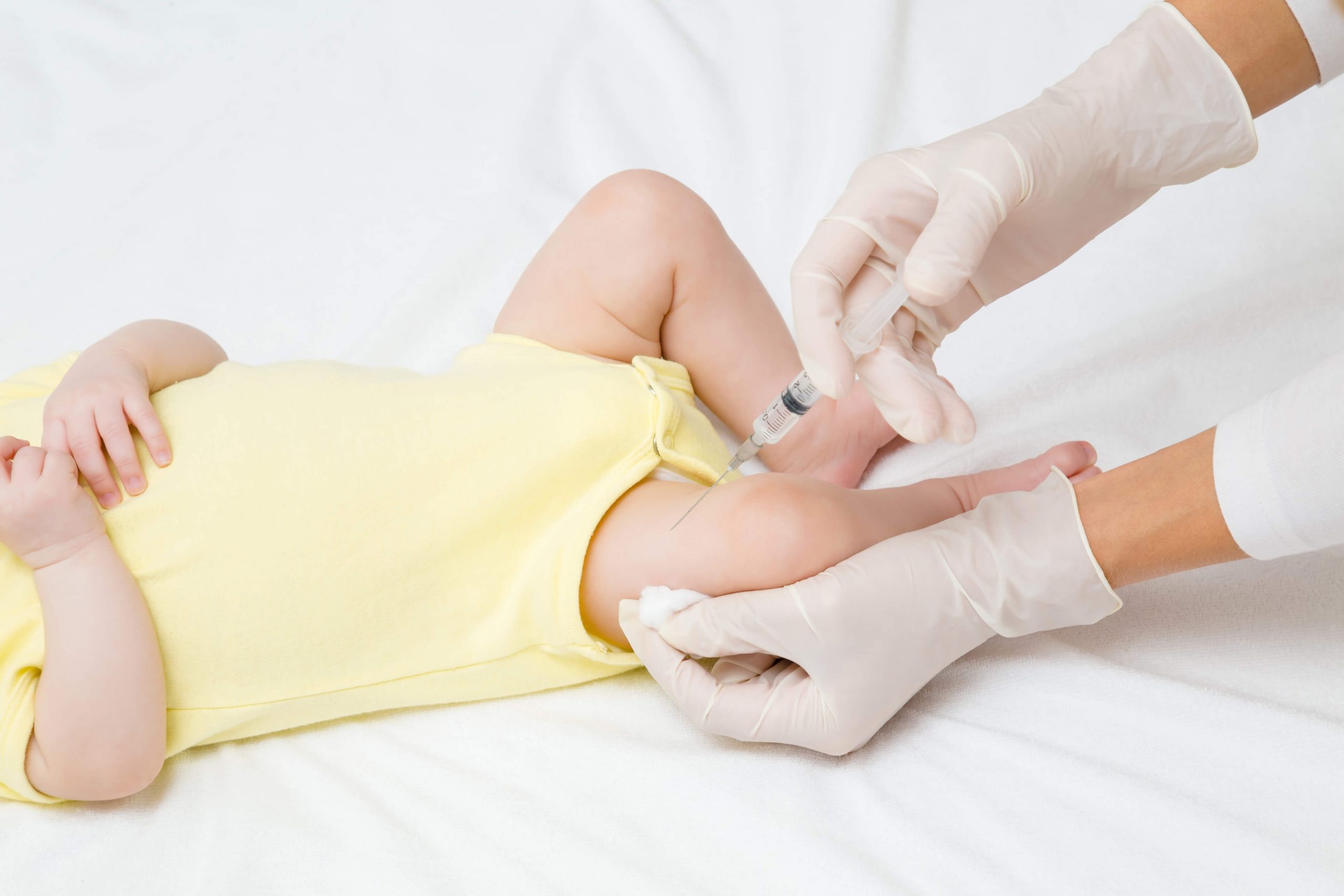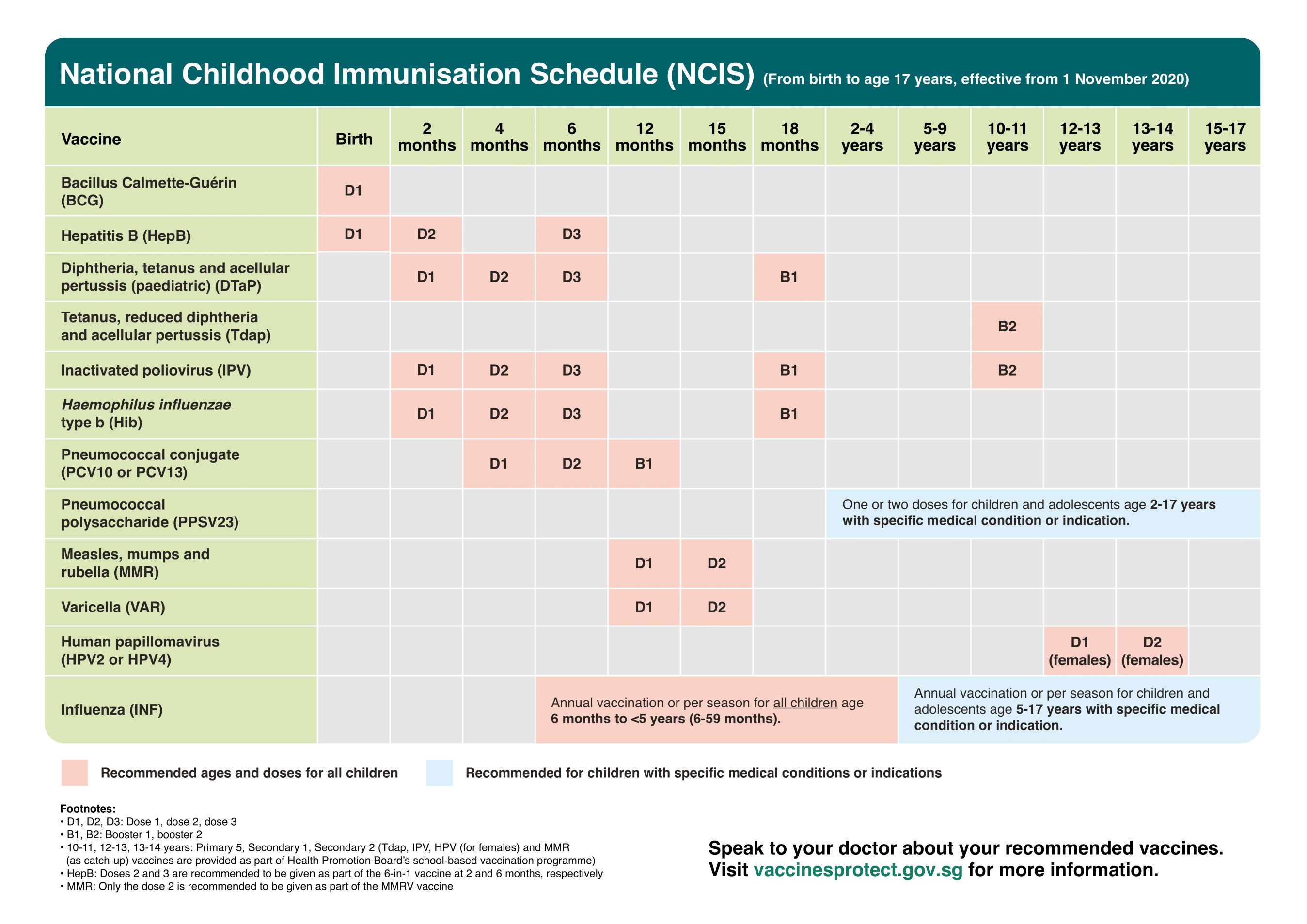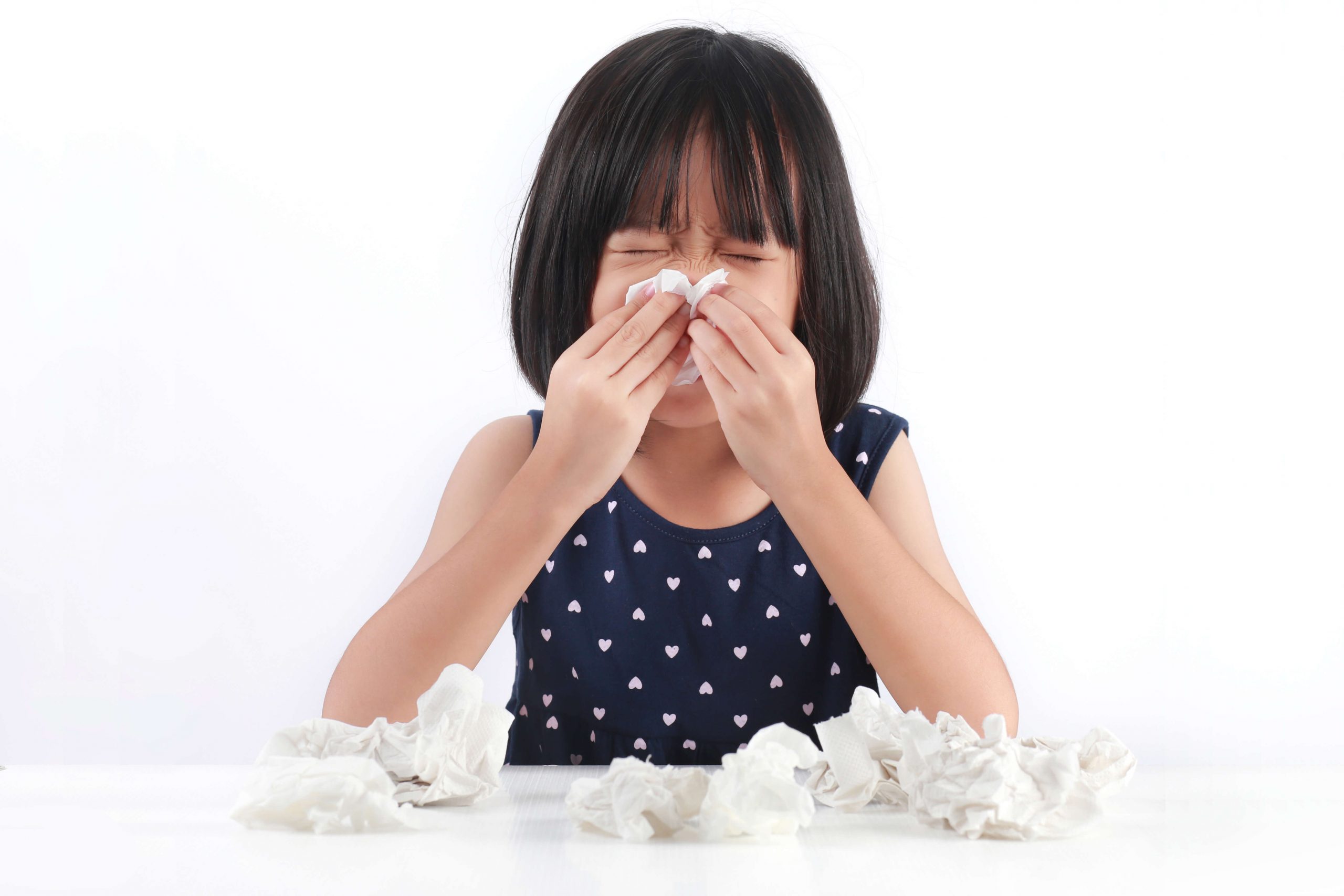Children & Parenting
Childhood Vaccines: All You Need to Know

Why Should Your Children Get Vaccinated?
Vaccines are important to keep your little one safe from infections as they grow up. When your baby is immunised, his body produces antibodies to fight off that disease. . Childhood immunisation also protects others who are around your child, and vice versa. This is a concept known as herd immunity.
What is herd immunity?
When a large number of a certain area or country is immune to a specific disease and is resistant to the causes of a certain virus or bacteria, it has no way to spread.
The infection rates drop, and the disease slowly dies off. Herd immunity protects those at risk, such as babies and young children, whose immune systems are weak and can’t resist the disease on their own.
How Do Vaccines Work?
Germs (viruses and bacteria) are all around us, externally, and in our own bodies. Getting vaccinated will stimulate your immune system to produce antibodies, exactly like it would if you were exposed to the disease.
These antibodies then remain in our bloodstream, protecting our bodies against future infections from the same germs. This is also known as immunity. For example, if you get measles, your body may produce antibodies to fight off the virus, and those antibodies will remain in your body, making you immune to measles in the future.
The Idea Behind Vaccines
Vaccines are made from the same viruses (or parts of them) that cause the disease. However, in vaccines, the viruses are altered in such a way that they cannot cause illnesses.
Our immune system, however, still reacts to the virus or bacteria in the same way, by creating the same antibodies that protect us and provide immunity to the diseases.
The main difference between getting vaccinated and not getting vaccinated is that your child doesn’t have to get sick in the first place, to be protected against the disease.
Vaccines are usually introduced into our bodies via injection. While some vaccines give us immunity for life, others may require repeated booster shots to maintain immunity.
Will there be any side effects after my child’s vaccination?
As parents, you may be worried about the visit to the paediatrician when it is time for your child’s vaccination. It is definitely normal for your baby to cry a little after the injection, and your baby might feel a little sore on the injection site. There may also be slight redness and a small lump on the injection site, which should clear within a few days.
In some cases, your baby might also develop a slight fever for a day or two after the injection. Most babies are fit for immunisation, but if you noticed that your baby is having a high fever, or had a serious reaction from previous vaccination, you need to consult your paediatrician for medical advice.
Latest Articles
How Are Abdominal Hernias Treated?
What to Expect from Colorectal Surgery
How to Treat Breast Inflammatory Conditions
Gynaecomastia: Understanding Male Breast Cancer
Child Vaccination In Singapore
Compulsory Vaccinations For Children In Singapore
Every child in Singapore is vaccinated according to the National Childhood Immunisation Schedule (NCIS), comprising childhood vaccinations recommended as the standard of care for protection against vaccine-preventable diseases.
In Singapore, vaccinations against measles and diphtheria are compulsory for children under the Infectious Diseases Act.
Recommended Vaccines Under National Childhood Immunisation Schedule (NCIS)
Source: https://www.moh.gov.sg/resources-statistics/nationally-recommended-vaccines
There are other vaccinations that are not compulsory but highly recommended by the Ministry of Health, based on recommendations from the Expert Committee on Immunisation (ECI), which takes into consideration elements such as local disease burden, vaccine safety, efficacy and cost-effectiveness of the vaccines:
- Hepatitis B
- Mumps
- Pertussis
- Pneumococcal
- Polio
- Rubella
- Tetanus
Combination Vaccines
Today, vaccines are combined into a single injection. These 5-in-1 or 6-in-1 vaccines means fewer injections for children.
- The 5-in-1 injection combines vaccines against Diphtheria/Pertussis/Tetanus (DPT), Polio and Haemophilus Influenzae type B (Hib) in 1 injection.
- The 6-in-1 injection combines vaccines against Diphtheria/Pertussis/Tetanus (DPT), Polio, Haemophilus Influenzae type B (Hib) and Hepatitis B in 1 injection.
- The MMRV vaccine combines vaccines against four common childhood diseases, Measles, Mumps, Rubella and Varicella (also known as chickenpox).
Source: https://www.healthhub.sg/live-healthy/1196/baby-immunisation-inject-to-protect
Additional Vaccines Covered Under the NCIS
Currently, the NCIS covers vaccinations against 12 diseases – tuberculosis, hepatitis B, diphtheria, tetanus, pertussis, poliovirus, Haemophilus influenza type b, measles, mumps, rubella, pneumococcal disease and human papillomavirus.
From 1 November 2020, the NCIS will also cover vaccinations against two more diseases, i.e. varicella (chickenpox) and influenza.
Find out the type of diseases your child will be immunised against for different ages based on Singapore’s National Childhood Immunisation Schedule (NCIS)

Conclusion
Immunisations are very important. They protect your baby against vaccine-preventable diseases that can lead to serious complications or even death.
At SOG, we welcome families to communicate both their child’s needs as well as their own, so we can help keep your family healthy, happy and safe. Our team of paediatricians are dedicated to giving your little ones the best possible care from routine vaccinations to the management of acute and chronic conditions.
Visit our SOG team of paediatricians to schedule an appointment today:
WHO WE ARE
About SOG Health Pte. Ltd.
Established in 2011, SOG Health Pte. Ltd. (“SOG”) is a leading healthcare service provider dedicated to delivering holistic health and wellness services to the modern family.
With a long and established track record in Singapore providing Obstetrics and Gynaecology (“O&G”) services such as pre-pregnancy counselling, delivery, pregnancy and post-delivery care, the Group has since further expanded its spectrum of healthcare services to include Paediatrics, Dermatology, and Cancer-related General Surgery (Colorectal, Breast & Thyroid).
The Group’s clinics, under its four operating segments of O&G, Paediatrics, Oncology and Dermatology, are strategically located throughout Singapore to provide easy access to its patients.
- Obstetrics
- Gynaecology
- GynaeOncology
- Breast, Thyroid & General Surgery
- Colorectal, Endoscopy & General Surgery
- Dermatology
- Paediatrics
Consult With A Specialist From SOG
Visit one of our specialists today to learn more about your health!
Recommended Specialists
Book An Appointment
Fill up this form and our clinic will get back to you shortly.
For general enquiries, please click here.




